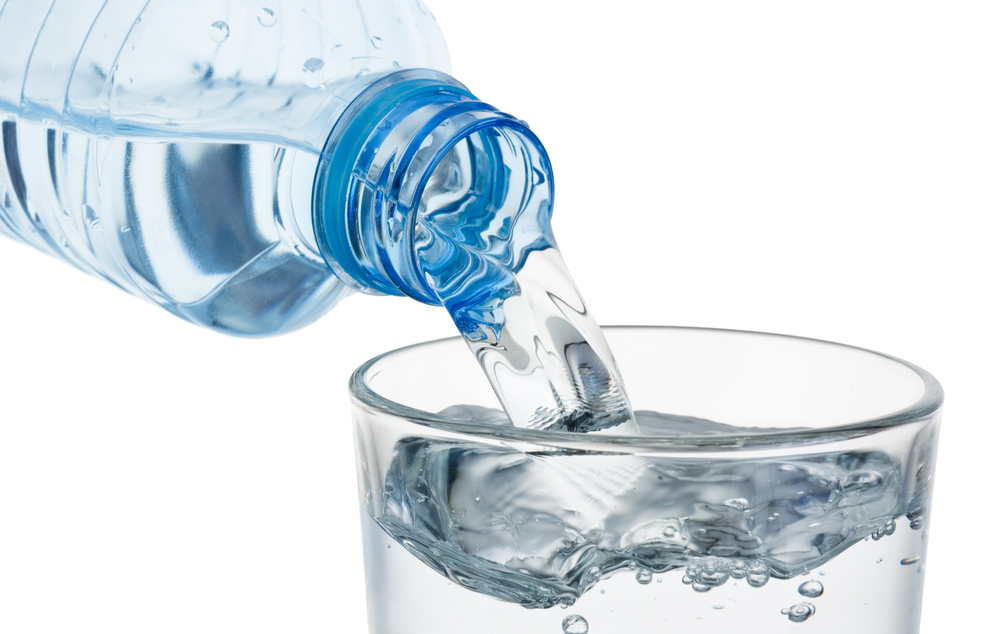
Importance of hydration
Staying hydrated is an essential part of a healthy lifestyle. Not only does drinking plenty of water keep you feeling your best, but it can also prevent complications of dehydration that may be serious.
Maintaining optimal hydration is essential for your body to function properly, especially during exercise or in hot weather. If you become dehydrated, it’s important to restore your body with water as soon as possible.
Whether you have a go-to water bottle you drink out of every day or you jot down how much you’re drinking throughout the day, it’s important to make sure you’re staying on track.
When you’re hydrated, your body can maintain a normal temperature, lubricate and cushion joints, protect sensitive tissues and properly eliminate waste through urination, perspiration and bowel movements.
The best way to stay hydrated is to get enough fluids. A number of factors such as your age, gender, activity level and overall health affect how much water you need, but generally women need about 11.5 cups of water per day and men need about 15.5 cups of water per day, according to the Academy of Nutrition and Dietetics.
You should drink plenty of fluids before you reach the point of feeling thirsty. By the time you notice thirst, you’ve already lost up to 1 to 2 percent of your body’s water content.
Heat stroke, aka hyperthermia, occurs when you spend too much time in high temperatures without getting enough fluids, and the body’s cooling mechanisms stop working properly, per Harvard Health Publishing. As a result, heat stroke can be potentially fatal.
Beyond thirst, there are other early warning signs of dehydration to look out for, per the Academy of Nutrition and Dietetics. These include:
- Flushed skin
- Increased body temperature
- Premature fatigue
- Faster breathing and pulse rate
- Decreased exercise capacity
- Increased perception of effort
Hydration is essential, especially during the summer, so avoid long exposure in the sun and drink water regularly throughout the day!



